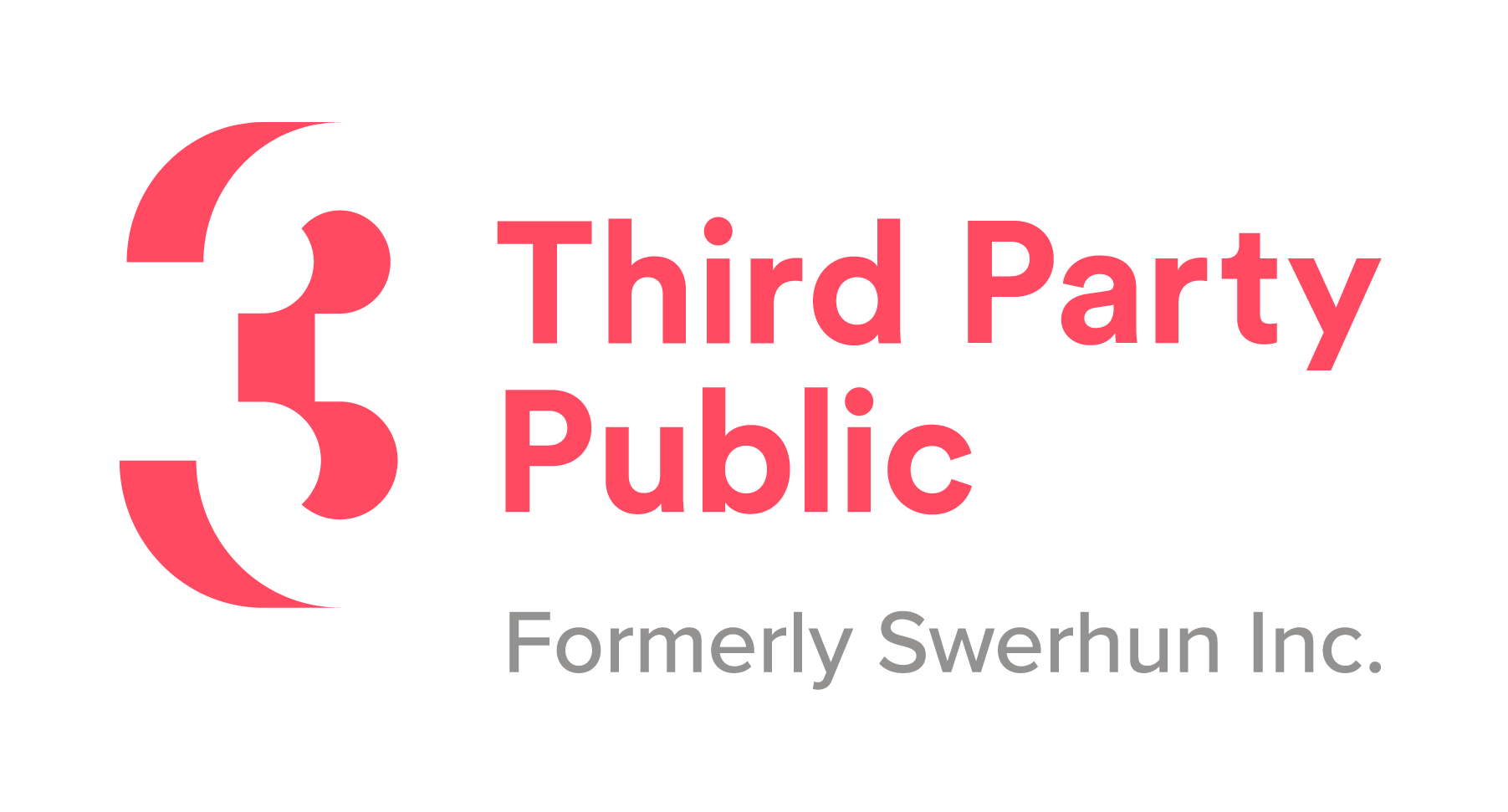The Big Idea
The better the information people have, the better decisions they will make and the easier it is to find the common ground you need to take action.
Effective consultation manages risk. It brings certainty to an inherently uncertain environment and puts your organization in a position where your work is championed by supporters and the process is defensible to criticism from naysayers.
THE SITUATION:
People want more from the engagement process
There are a number of reasons why people want and need more from public consultation processes, including:
1. People have more access to information.
The internet has changed the landscape of knowledge. More people are able to educate themselves on any topic; they're also able to share their experiences with others.
2. People are more likely to question authority.
With more information people expect authorities to explain their decisions in a way that's consistent with the information they've learned on their own.
3. People have an expectation that authorities will listen.
There is a shift in power. Power used to be about who had the best access to information. Now, because everyone has access to information, it's not only about who's responsible or liable for making the decision, but also about the support decision makers are able to build.
Technology means people have a greater influence. They can share experiences with communities across the city, province or country to make a bigger case for ignoring stakeholders (e.g. Upton Farm in PEI connected with communities have issues with CLC across the country).
People are now more capable than ever of exposing authorities that don't listen through the media and through connections with other stakeholders.
4. People expect to be treated as investors.
Every government and public agency operates with the oversight of elected officials and is connected to taxpayers' dollars. The public is aware of this and demands to be treated as investors or a board of directors.
“The breakdown of the barriers and the kicking out of the gate-keepers is a victory for democracy and for access, but it is also a nightmare for those trying to make sense of complex issues.”
THE SOLUTION:
Effective engagement will make it easier to find common ground
1. You'll save time
By managing risk during the process you won't have to return after the process to respond to and address issues.
2. You'll be more aware of issues
By understanding the project or proposal from the perspective of participants you will understand what's important to them. This means you'll be able to take advantage of opportunities they identify and address specific concerns they raise.
By creating an effective two-way communication flow with participants, you will be able to share with participants the consequences of different potential paths of action, and their feedback and advice will be informed by knowledge of those consequences.
3. You'll keep the discussion focused on content rather than process
By delivering a defensible process you're helping to ensure that decisions are made based on the merits of the information available.
4. You'll build a bridge between technical experts and the broader public
By focusing on what and how messages are shared between experts and the broader public, you are in a position to help shape communications in a way that builds respect for the value of what different players contribute to the decision making process. This helps build common ground rather than reinforce divided positions.
5. You'll manage expectations and become a trusted information source
By giving participants a clear overview of the entire consultation process, you'll be creating an environment where all participants have a shared understanding of what, why and when certain decisions need to made.
By providing objective and balanced information, participants will know that a call to you will be more effective in answering their questions or resolving their issues than a call to an interest group or the media, who don't necessarily have a vested interest in telling a balanced story.
By earning the trust of participants, proposed actions will be considered thoughtfully rather than attacked. You'll earn the benefit of the doubt.
“Nothing is more important in a cooperative system than communication among participants. When people are able to communicate, they are more empathetic and more trusting, and they can reach solutions more readily than when they don’t talk to one another. Over hundreds of experiments spanning decades, no single factor has had a large an effect on levels of cooperation as the ability to communicate.”

